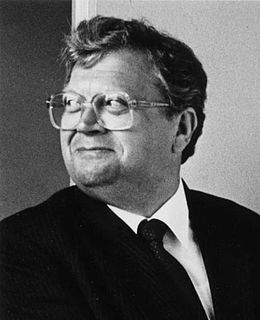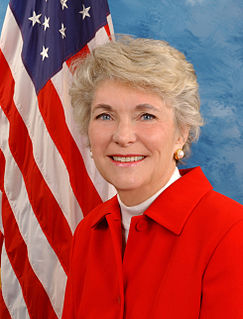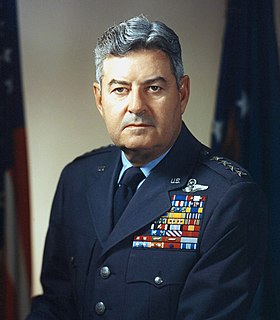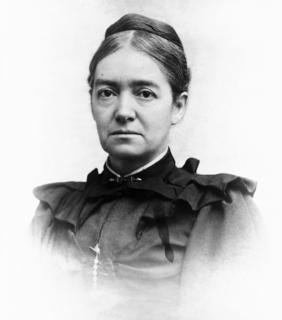A Quote by Helen Caldicott
As a physician, I see the earth as a patient in the intensive care unit. We have an acute clinical crisis on our hands and must take urgent action. My prescription for survival is that the American people rise up as they did in the 1980s, when 80 percent of Americans supported the nuclear weapons freeze.
Related Quotes
What is the only provocation that could bring about the use of nuclear weapons? Nuclear weapons. What is the priority target for nuclear weapons? Nuclear weapons. What is the only established defense against nuclear weapons? Nuclear weapons. How do we prevent the use of nuclear weapons? By threatening to use nuclear weapons. And we can't get rid of nuclear weapons, because of nuclear weapons. The intransigence, it seems, is a function of the weapons themselves.
Women will tell you, 80 percent of the time - if you listen - what is wrong with them. And what frustrates me, as a physician who takes care of a lot of women with autoimmune diseases, is that women have to request and find a physician... who will actually take their complaints seriously and investigate.
I don't want to use the term "nuclear weapons" because those people in Iran who have authority say they are not building nuclear weapons. I make an appeal to the countries who do have nuclear weapons. They don't consider them a nuclear threat. But let's say a country that doesn't have nuclear weapons gets involved in building them, then they are told by those that already have nuclear weapons that they oppose [such a development]. Where is the justice in that?
American envoys came to see me before the crisis in Iraq and asked me to say that there were nuclear weapons in Iraq. I refused. They even told me that things would go well for Belarus in terms of investments, etc. All I had to do was to support them. I told them that I couldn't do it because I knew that there were no nuclear weapons there.
Economists often talk about the 80/20 Principle, which is the idea that in any situation roughly 80 percent of the “work” will be done by 20 percent of the participants. In most societies, 20 percent of criminals commit 80 percent of crimes. Twenty percent of motorists cause 80 percent of all accidents. Twenty percent of beer drinkers drink 80 percent of all beer. When it comes to epidemics, though, this disproportionality becomes even more extreme: a tiny percentage of people do the majority of the work.
We did decide that every addict in this film, Warning: This Drug May Kill You, would be someone who started out with a prescription for an opioid from a doctor. The story that hadn't been told is that the vast majority - somewhere around 80 percent - of current heroin users began with an addiction to prescription opioids. So as much as people might want to look at this and say, 'Oh this is really a heroin problem,' yes, it is a heroin problem, and no one is saying differently, but it starts more often than not with a prescription.
Yes, I think lots of people are eager to obtain weapons of mass destruction. But there's no evidence that he has weapons of mass destruction. There's been no evidence of him testing nuclear weapons.
We have people that are in our face with nuclear weapons. We've got Iran and North Korea. We've got a problem with Pakistan. You know, I don't know what to say about that.
There's a whole lot of people that are going nuclear. And I think that Saddam Hussein is actually, with the evidence, the least able to use nuclear weapons and the least obvious offender in that area at this moment.
American society was economically ill-run in the 1980s. Our society has been on a consumption binge. If the American people had a town meeting and said, 'What do we care about posterity? Posterity hasn't done anything for us; we're going to whoop it up now,' that is a rational judgment. But nobody ever did that.






































